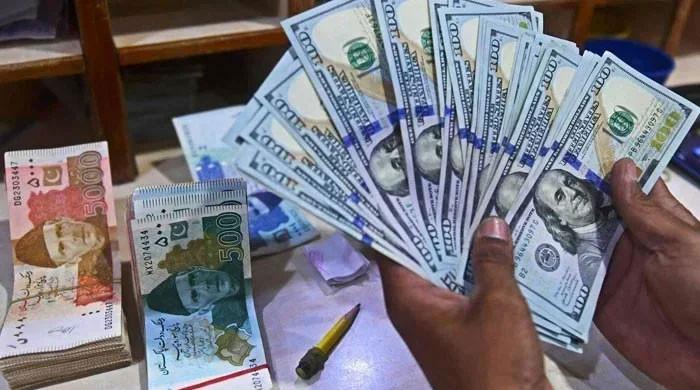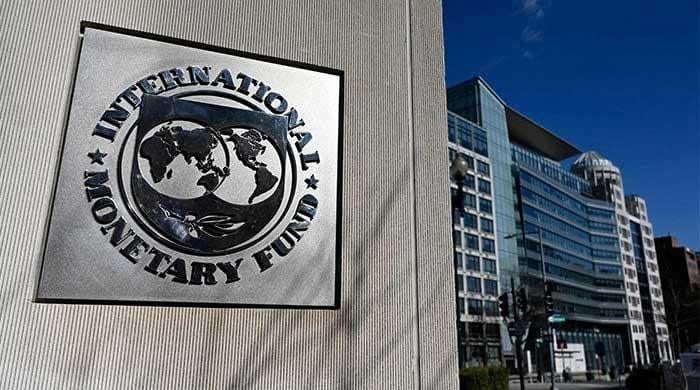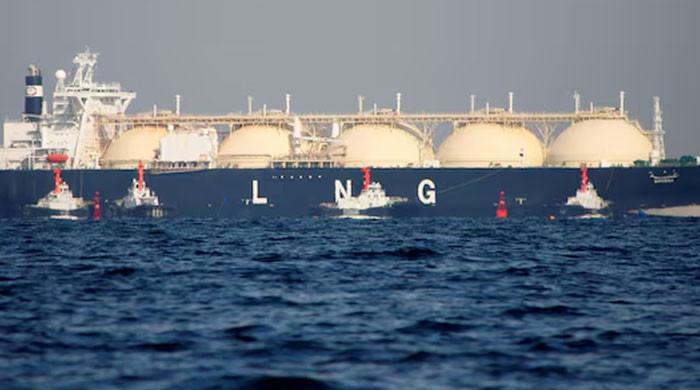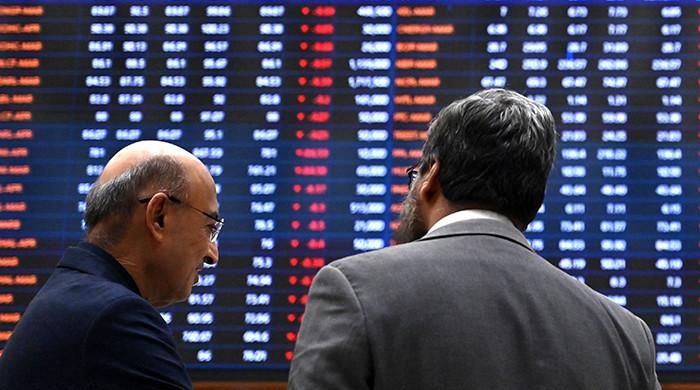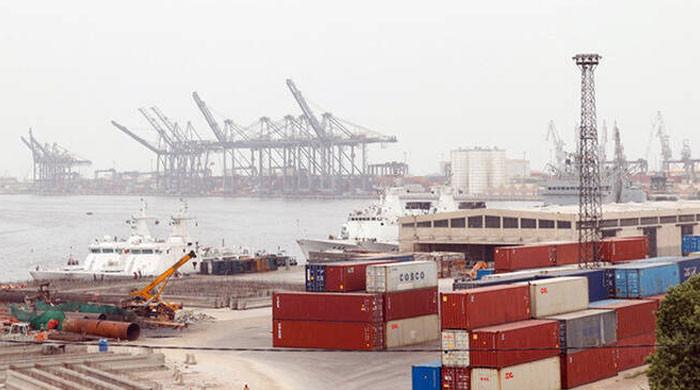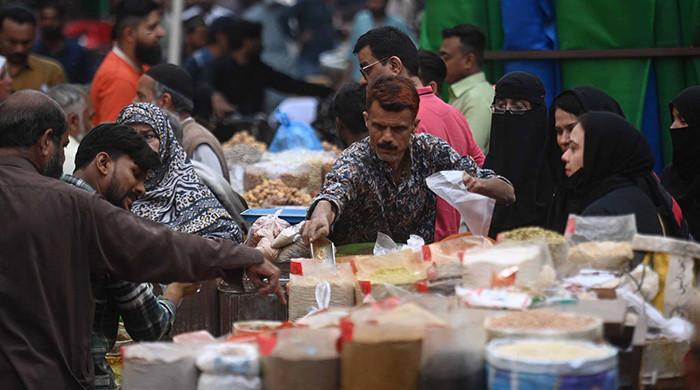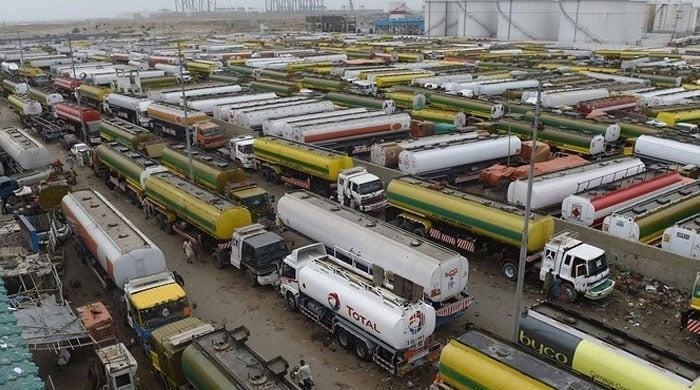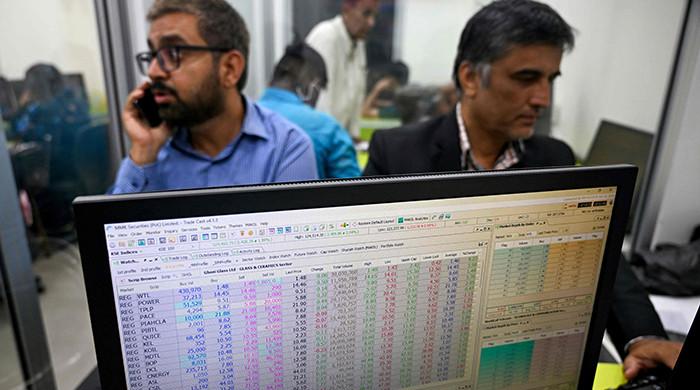IMF reluctant on budget relief measures, ties them to FBR revenue
Government seeks IMF waiver on fertiliser and pesticide taxes in upcoming budget
May 23, 2025
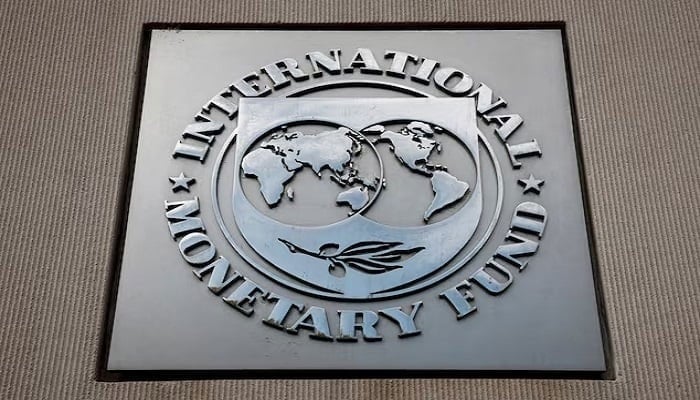
- Defence spending exempted amid security considerations.
- Pakistan seeks $1bn in commercial loans from UAE.
- Government aims to finalise IMF-aligned budget by June.
ISLAMABAD: The visiting International Monetary Fund (IMF) team has indicated its unwillingness to support broad-based relief for the salaried, property, beverage, and export sectors, linking any such measures to a corresponding reduction in government expenditures and the Federal Board of Revenue’s (FBR) tax collection target, The News reported.
This position has emerged as the central theme of the ongoing discussions, with the IMF delegation set to conclude its visit on Friday (today).
One notable exception to the Fund’s austerity push is the defence budget, which the Pakistani government is expected to increase due to prevailing geopolitical considerations.
On Thursday, Prime Minister Shehbaz Sharif and his economic team met with the IMF delegation, headed by Jihad Azour, the Fund’s Director for the Middle East and Central Asia.
Pakistan has requested the Fund to defer an increase in the FED on fertiliser from 5 to 10% and 5% imposition on pesticides. The IMF may grant its assent to some extent on the prime minister’s request. The increase in salaries and pensions would be minimal, mainly because the much-trumpeted rightsizing exercise had lost its steam.
“We are clueless about how this number crunching for finalising budgetary estimates will be done,” said sources, adding that the government would announce the budget on June 2 following which virtual talks were expected to continue.
Before the Finance Bill 2025 becomes a finance act, all IMF conditions would be aligned and fulfilled to avoid criticism during the budget approval process.
However, a top government official confirmed that the taxation would set the country’s direction for the next couple of years, as they were making last ditch efforts to convince the IMF to allow reduction in the rates of income slabs for the salaried class.
“The FBR’s tax collection target will be fixed at over Rs14.1 trillion in the coming budget depending upon the ability of the Finance Division to reduce its expenditure proportionally.”
Defence budget allocation will only be an exception in the next budget, as it will be hiked keeping in view the country’s needs.
Another official said the government had made arrangements to generate $1 billion commercial financing in June 2025 in the current fiscal year as the Asian Development Bank (ADB) had committed a grant of $500 million. Because of this $500 million guarantee, a consortium of Standard Chartered Bank and Dubai Islamic Bank is expected to generate $700 million commercial loan.
The government has requested three other UAE-based commercial banks to generate $100 million each in order to raise a total of $1 billion loans by June 2025.
Meanwhile, the FBR Thursday informed the National Assembly Standing Committee on Finance that the IMF would not allow reversion to the Final Tax Regime (FTR) as the tax machinery had introduced the Minimum Tax Regime (MTR) for exporters.
Another issue brought up before the committee was that the local supplies of exporters were taxed, while the imported goods were not taxed. The FBR high-ups replied that the IMF might ask for the removal of this distortion and asked the FBR to bring imported goods for export purposes into the tax net.
During the meeting, the Karachi Chamber of Commerce and Industry (KCCI) president presented a series of proposals for the upcoming national budget.
APP adds: Meanwhile, Prime Minister Muhammad Shehbaz Sharif Thursday reaffirmed the government’s commitment to fast-track institutional reforms alongside macroeconomic stabilisation, asserting that Pakistan was now firmly on the path to economic development, following a period of recovery and stability.
“With the grace of Allah, Pakistan is now moving from economic stability toward sustainable growth,” he said during his meeting with the IMF team.
The discussions focused on the implementation and progress of the ongoing IMF programme in Pakistan. Both sides expressed satisfaction over the economic reforms undertaken by the government and their accruing positive outcomes.
Meanwhile, chairing a review meeting on gas supply and consumption in the country, Shehbaz called for further reforms in the gas sector to gradually reduce and eliminate the volume of circular debt through further reforms in the gas sector.
He was presented with a long-term comprehensive plan on gas supply and consumption in the country during the meeting. Shehbaz expressed satisfaction over the establishment of various blocks to increase domestic gas production and discover new reserves.
He underlined that the energy sector reforms were the top priority of the government. The prime minister was also briefed on the financial stability of the gas sector, long-term planning and improvement of the governance system.




